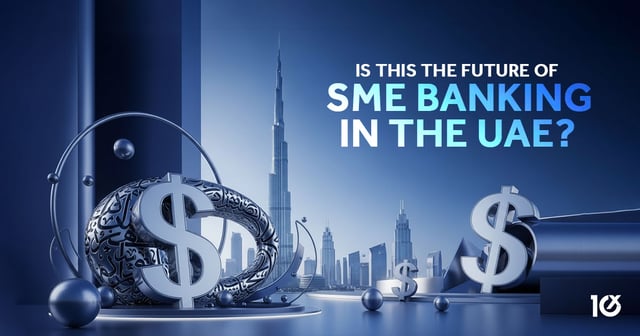UAE Circular Economy Council approves 22 policies
The UAE Circular Economy Council approved 22 policies proposed by its subsidiary, the Circular Economy Policies Committee, that focuses on accelerating the implementation of the circular economy model in the UAE in four main sectors – manufacturing, food, infrastructure, and transport.
Council members highlighted eight relevant innovation trends, including waste-to-resource, reuse, internet of waste, artificial intelligence, remanufacturing, bio-based materials, blockchain, and repair. They also identified at least 16 circular economy activities that open a wealth of opportunities for businesses, such as upcycling textile waste into new products, developing automated AI-enabled waste management solutions, and remanufacturing electronic waste.
Her Excellency Mariam bint Mohammed Almheiri, Minister of Climate Change and Environment said, “Our current linear economy consumes valuable materials and resources without being able to benefit from them after use, which represents waste in the modern concept of sustainability. Our approach seeks to protect our environment and to ensure the long-term economic and social prosperity of our country.”
She added: “Many key stakeholders in the UAE have already started to embrace circular economy principles. We at the Ministry of Climate Change and Environment and at the Ministry of Economy have been engaging with them and others to gain valuable information and insights about ways of facilitating the transition to a circular economy.”
The Minister noted that 45 percent of global greenhouse gas emissions result from producing cars, clothes, food, and other products used every day. This demonstrates the great potential that lays in circular economy, which can complement the emission reduction and mitigate the current climate crisis.
His Excellency Abdulla bin Touq Al Marri, Minister of Economy and Head of the Council’s Circular Economy Policies Committee, noted that the Committee recently held intensive workshops and meetings with the government and private sectors as well as international partners. The workshops were designed to support the implementation of the UAE Circular Economy Policy in four key sectors – manufacturing, green infrastructure, transportation, and food production and consumption – as well as the 22 new policies issued to drive the UAE’s overall transition to a circular economy. These policies will contribute to addressing all challenges the private sector is facing in its shift to a circular economy and support the country’s green development drive. The initiatives align with the directives of our wise leadership to fast-track the country’s transition to a circular economy as one of the sustainability, flexibility, and growth drivers of the new economic model as per the Principles of the 50.
The UAE Circular Economy Council comprises 17 representatives of relevant federal and local government entities, private sector businesses, and international organizations.






